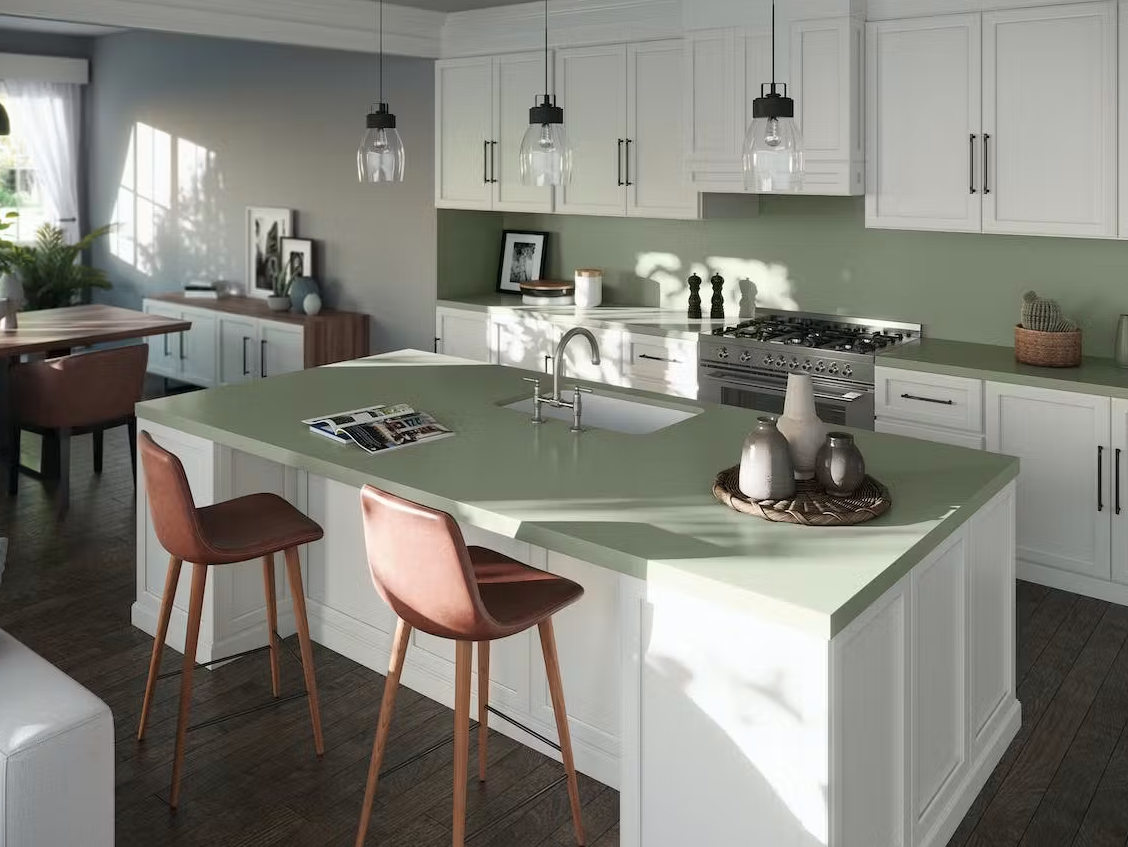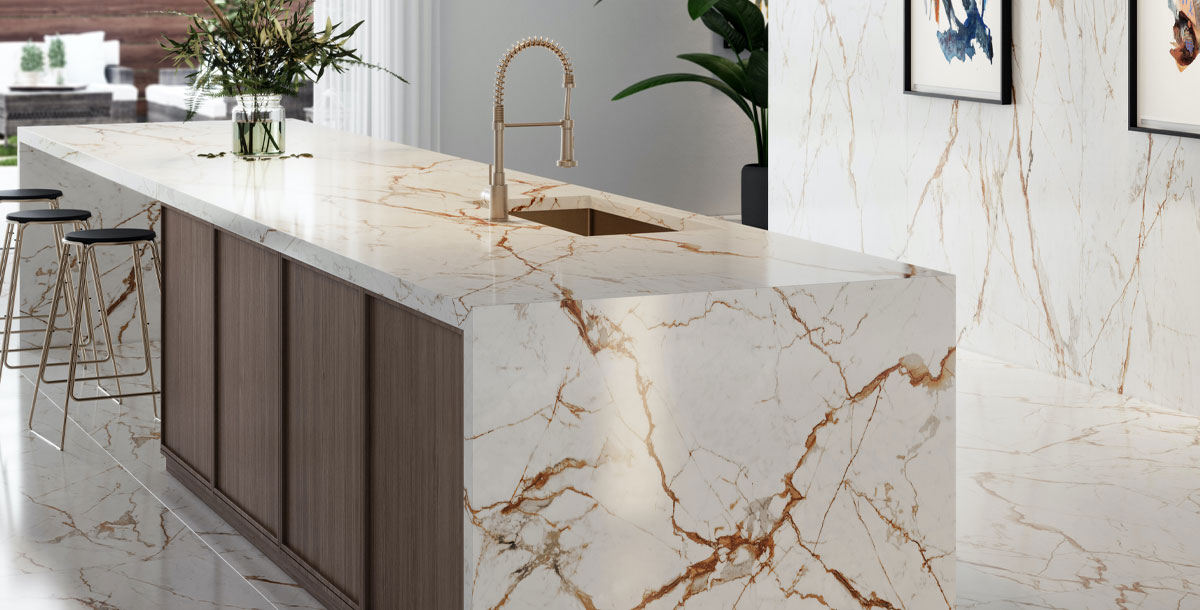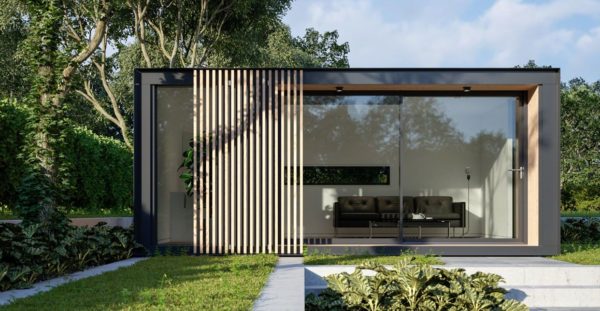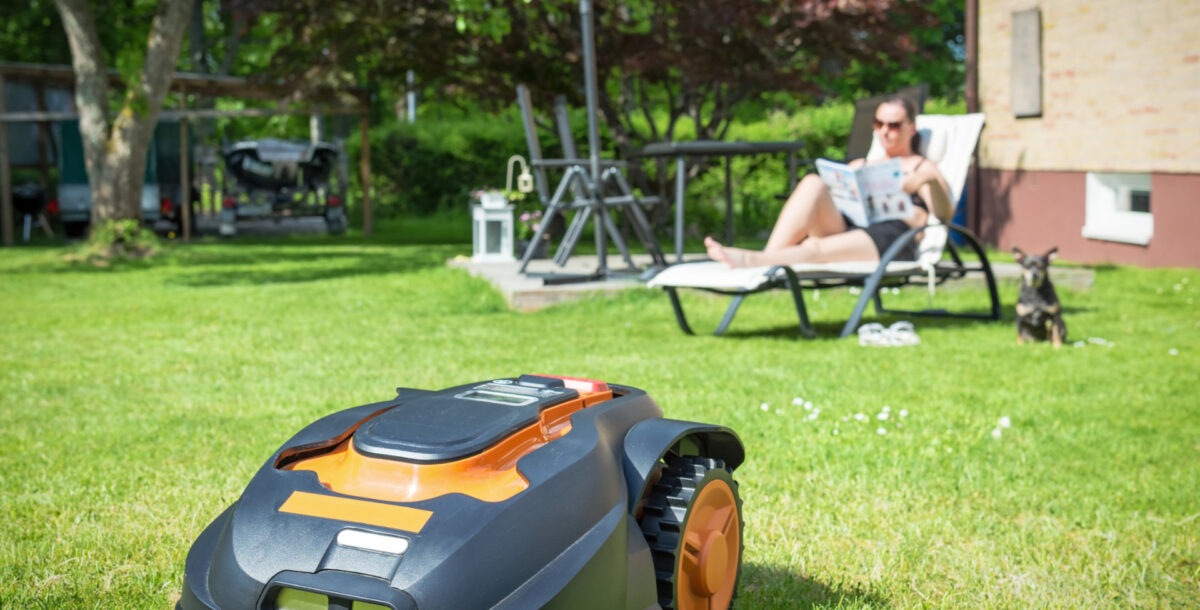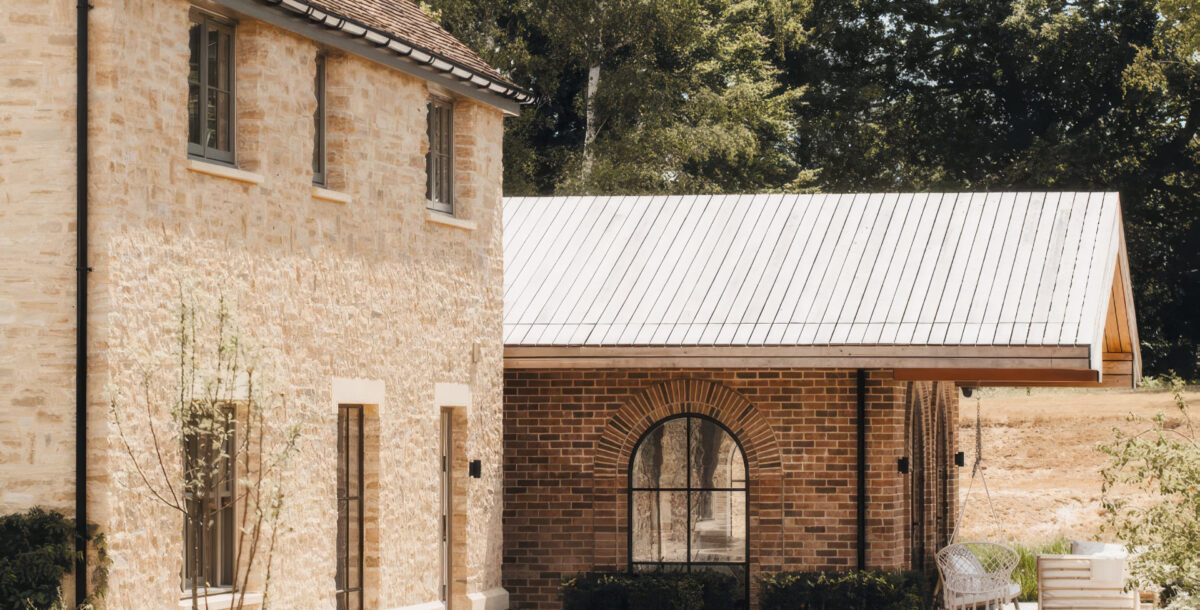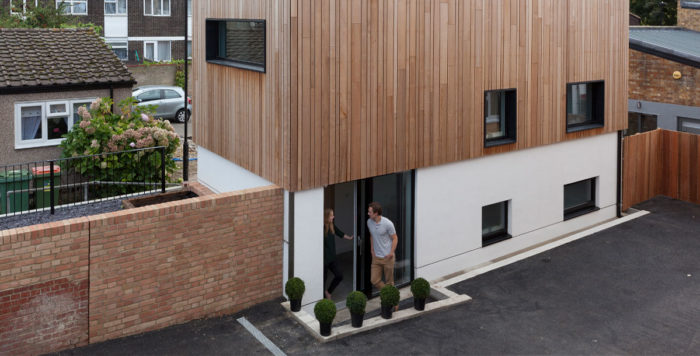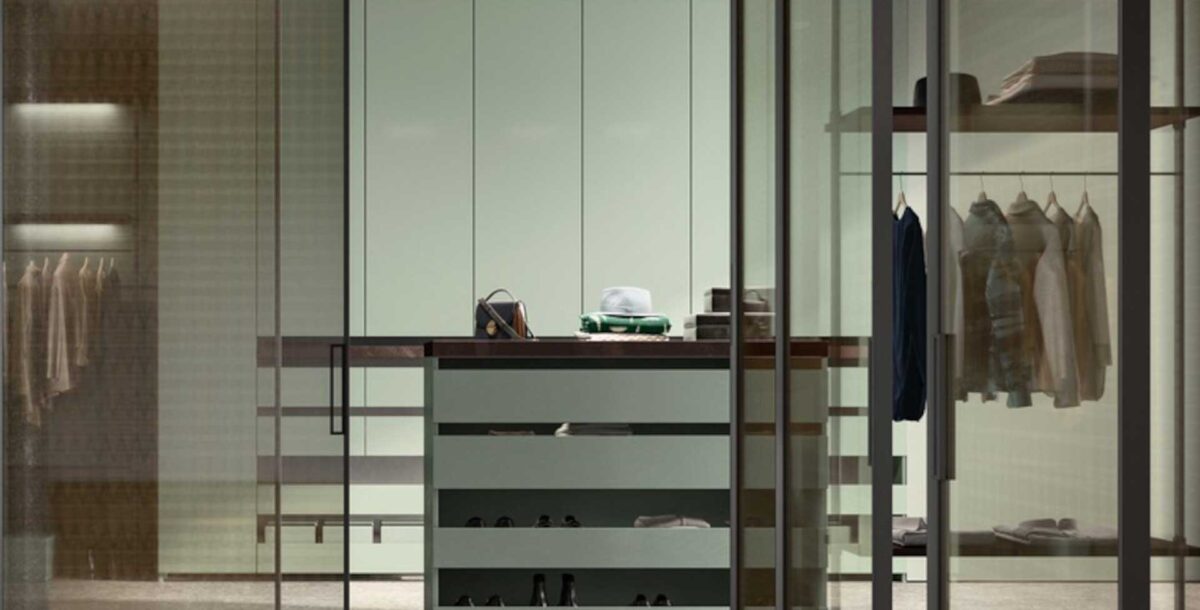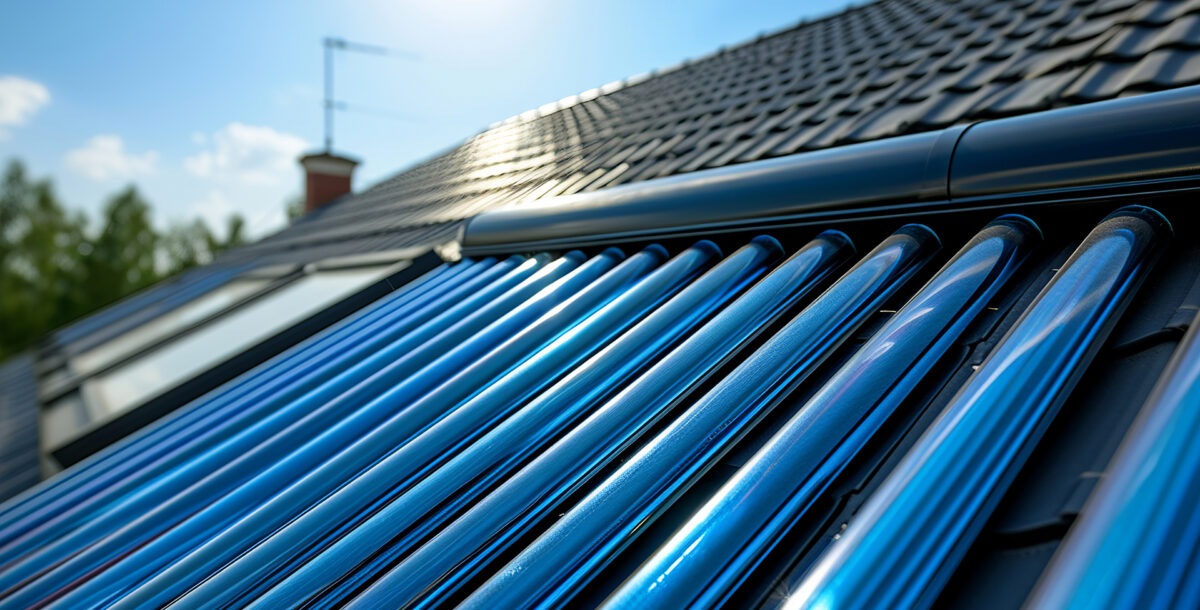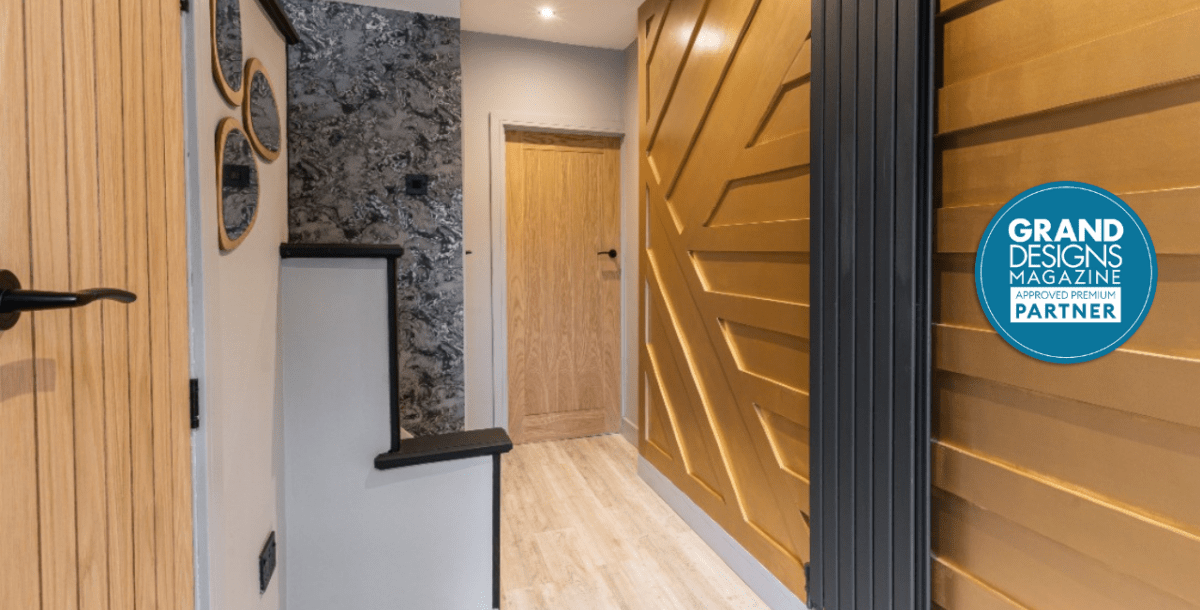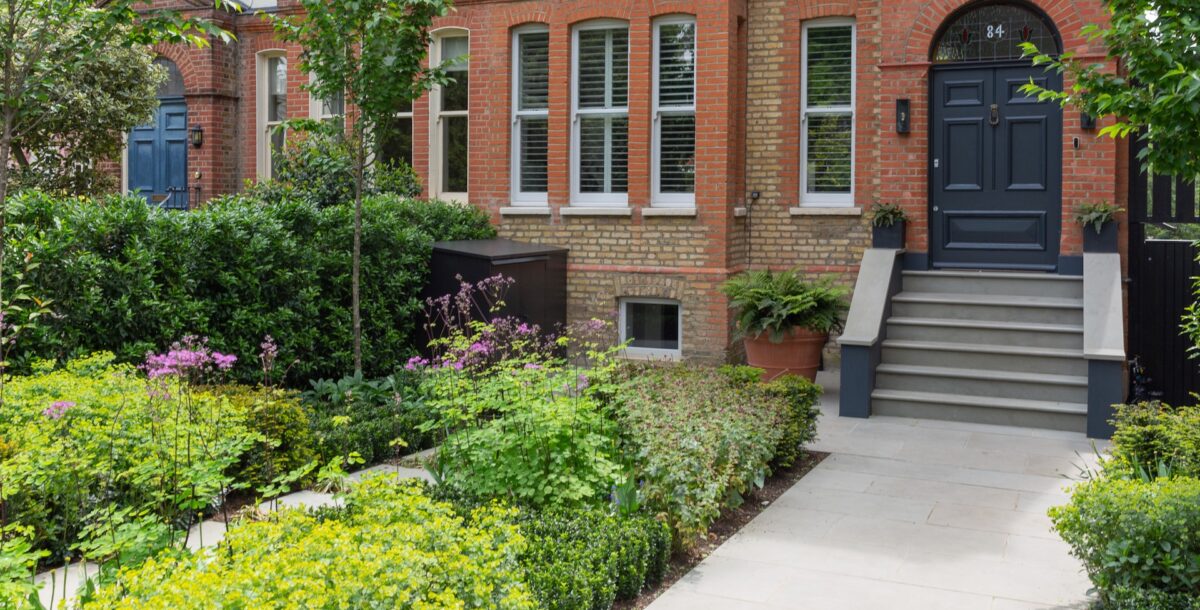Eco-friendly kitchen worktop ideas – surfaces for all budgets and styles
Worksurfaces that look great, perform well and are kind to the planet
There are plenty of ways to lower the impact of your new kitchen. If you’re starting from scratch, research eco-friendly kitchen design ideas. For a simple refresh, consider sustainable wall and flooring options, greener paints, and eco-friendly kitchen worktops like those explored below.
Marble-look porcelain
Made from natural minerals bonded together under extreme heat and pressure, sintered stone, also known as porcelain, is recyclable, hardwearing and joint free. It comes in finishes that replicate the look of stone and marble. This Onirika sintered stone worksurface and splashback is made of Dekton, a carbon-neutral product from Consentino.
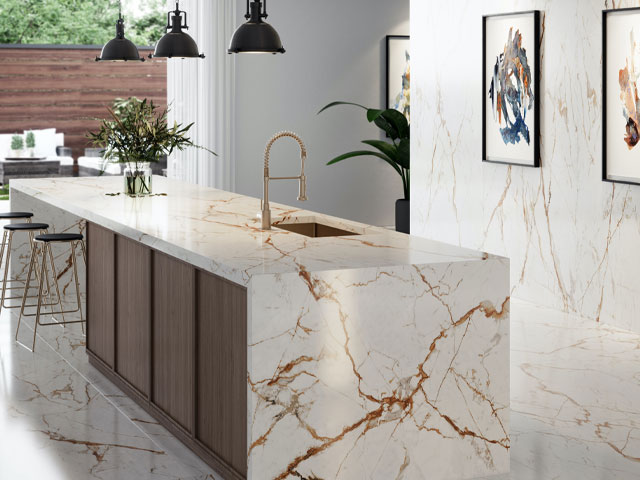
Photo: Consentino
Solvent-free surfaces
To ensure good indoor air quality, avoid products that include solvent-based resins or sealants and look for Greenguard certification that guarantees low chemical and particle emissions. This 5121 Layalite quartz composite worksurface and splashback is made from Greenguard-certified natural quartz aggregate from Caesarstone.
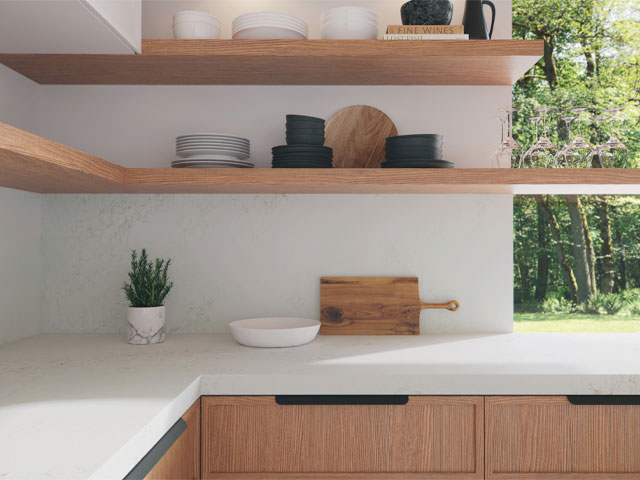
Photo: Caeserstone
Bamboo worktops
With a distinctive grain pattern, bamboo is durable and water resistant when sealed. Plus, its surface can be sanded back to remove any marks. Here, Sheffield Sustainable Kitchens’ Bamboo worksurface is paired with 100% recycled timber particleboard cabinets.
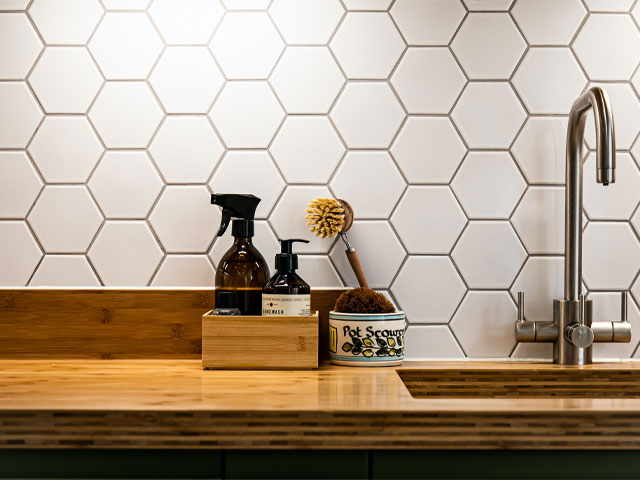
Photo: Dug Wilders
Recycled terrazzo
Traditionally, fragments of stone were embedded in concrete to make terrazzo. Recent formulas use recycled glass chips, timber scraps or waste stone pieces bound in an eco-friendly resin. This FSC-certified timber and bio-based resin terrazzo worksurface and splashback is from Foresso, paired with bespoke birch plywood cabinets in Brockwell Moss from Pluck.
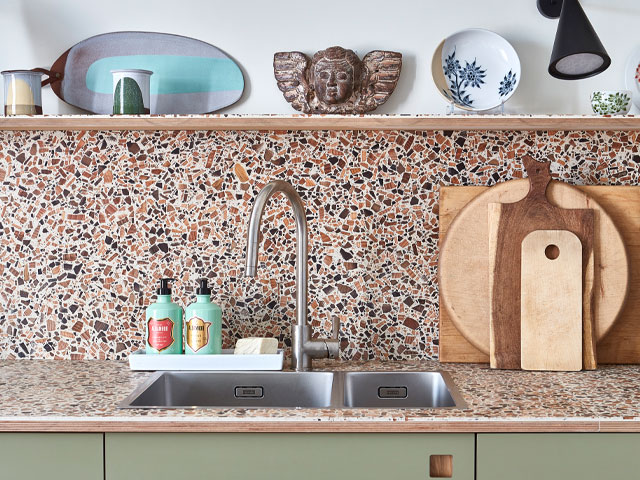
Photo: Pluck
Reclaimed timber worktops
Timber reclaimed from old industrial furniture, floorboards and even scaffolding planks can be repurposed for eco-friendly kitchen worktops and tabletops. Here, Retrouvius has used reclaimed iroko school laboratory tops as kitchen worktops, paired with cabinets from British Standard by Plain English.
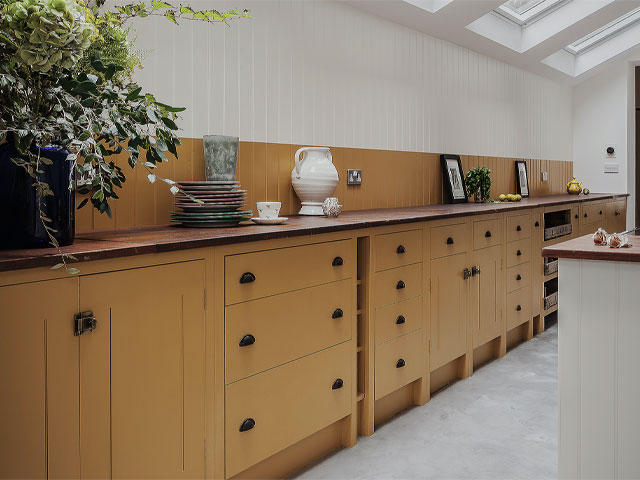
Photo: British Standard by Plain English
Recycled stainless steel
Stainless steel is incredibly robust and recyclable. Its tendency to show scratch marks can be minimised by selecting a brushed finish. This bespoke Matte Fenix kitchen features a stainless-steel worksurface with custom-made integrated sink from Papilio.
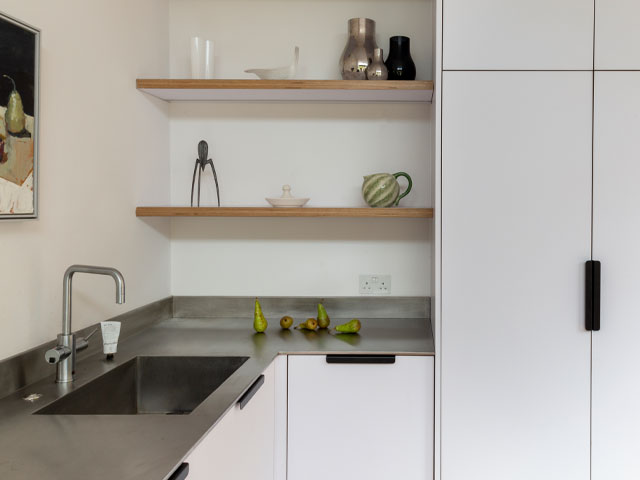
Photo: Papilio
Copper worktops
Copper is infinitely recyclable and has antibacterial properties. It will develop a patina over time and use, resulting in a unique sustainable kitchen worktop. This Devol Haberdasher’s kitchen has a bespoke aged-copper worksurface and integrated drainer.
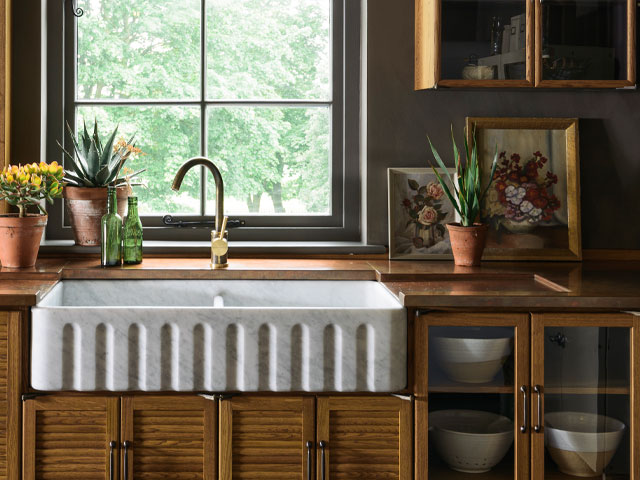
Photo: Devol Kitchens
Compressed paper
Paperstone and Richlite make sleek and hardwearing kitchen worktops from recycled and FSC-certified paper that’s compressed and bound with resin. Find Paperstone at CDUK and Richlite at Surface Matter. This kitchen by 202 Design features Richlite worksurface and doors.
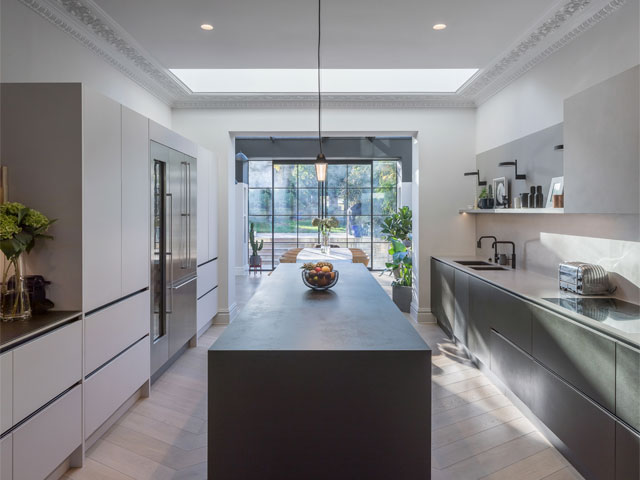
Photo: Peter Landers
Plastic kitchen worktops
Recycled plastic can be turned into solid surfaces. Durat is made from post-industrial waste, and Smile Plastics produces designs from packaging and refuse. This renovation project by Bazar Studio and QSA features Alba worksurface and panels made from recycled yoghurt pots by Smile Plastics.
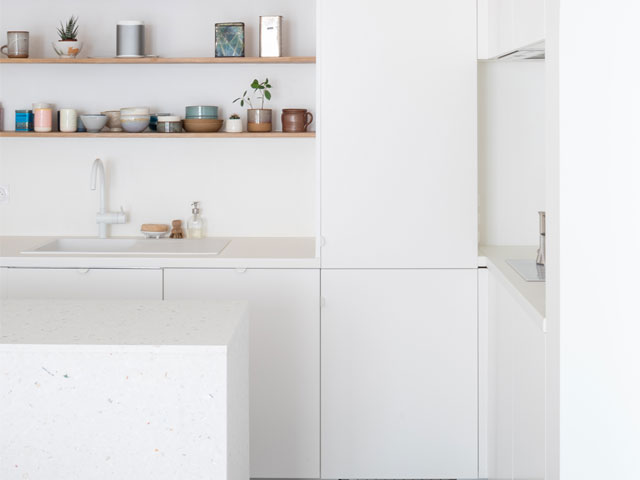
Photo: Florien Berenguer
Certified timber
Once sealed against heat or water damage, FSC- or PEFC-certified timber performs well for decades. Oak, beech, walnut and ash are all excellent eco-friendly kitchen worktop choices. This Cley Shaker kitchen by Naked Kitchens features an FSC-certified oak Super Stave worksurface from Norfolk Oak.
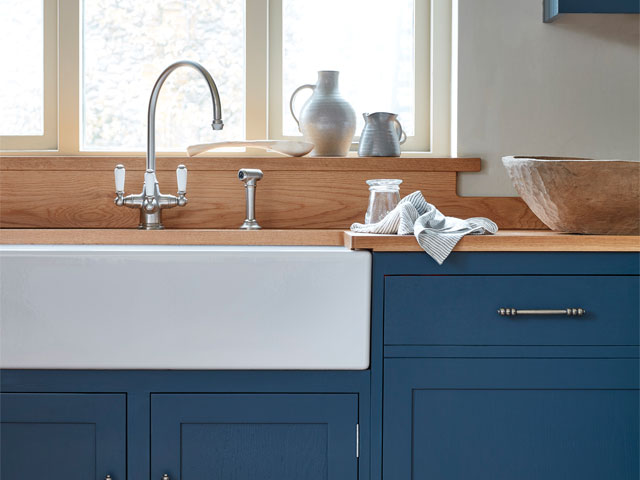
Photo: Naked Kitchens
Composite overlay
To avoid replacing a tired, old worksurface, simply install a composite overlay on top. This one is manufactured with 72% recycled post-consumer glass content. This white quartz and recycled glass overlay is from Granite & Trend Transformations.
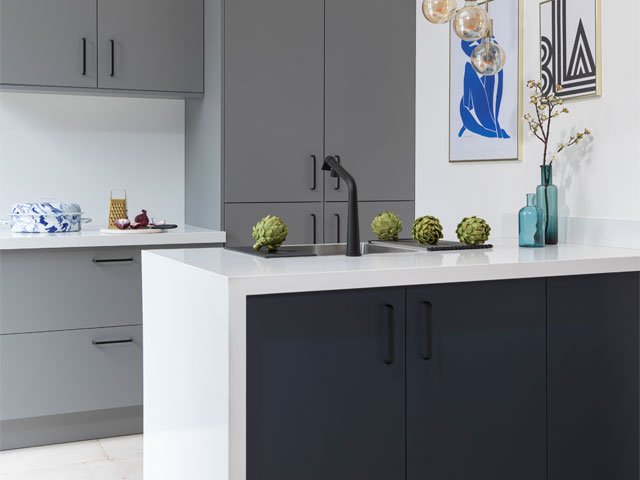
Photo: Granite & Trend Transformations
Recycled Glass
Made from recycled glass that would otherwise have entered landfill (where it would take 4,000 years to break down), ecorok is a sustainable material from Diamik Glass. Custom-made for each kitchen, worktops can be made to match practically any design, and it means that there’s virtually no waste.
Glass is mixed with resin to form a solid sheet, which is then extremely tough, hard wearing and easy to clean (as pictured below). Other manufacturers, such as Resilica, produce durable and scratch resistant surfaces made from recycled glass.
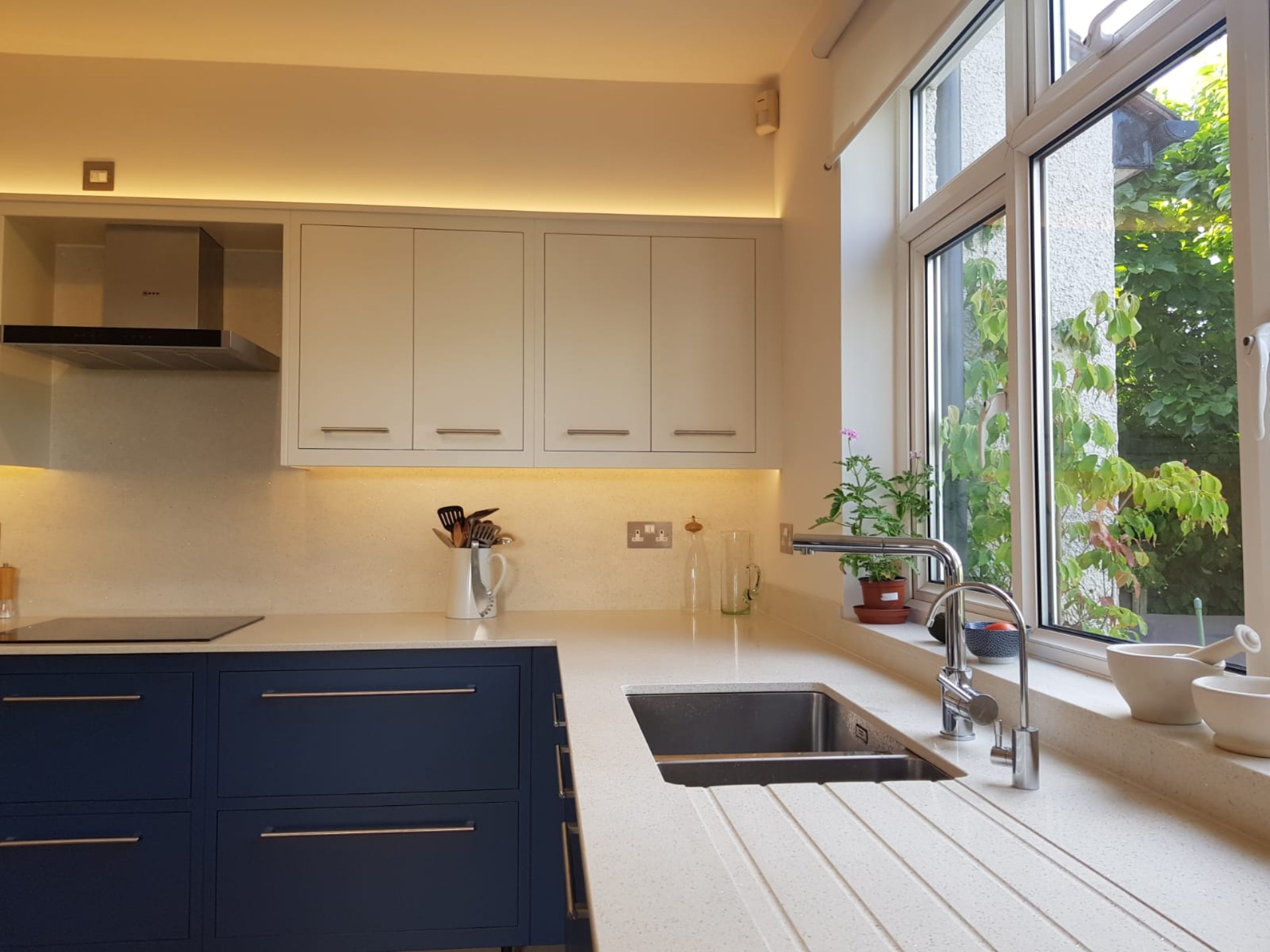
Carbon offset
Consetino’s Silestone Sunlit Days are a set of surfaces, available in five colours inspired by the Meditteranean (Faro White, Cincel Grey, Arcilla Red, Cala Blue and Posidonia Green). These engineered surfaces are carbon offset for the product’s entire life cycle. Consetino has achieved this by calculating its carbon footprint, reducing impact and offsetting its omissions. As well as for kitchens, the surfaces can be used in bathrooms, too.
